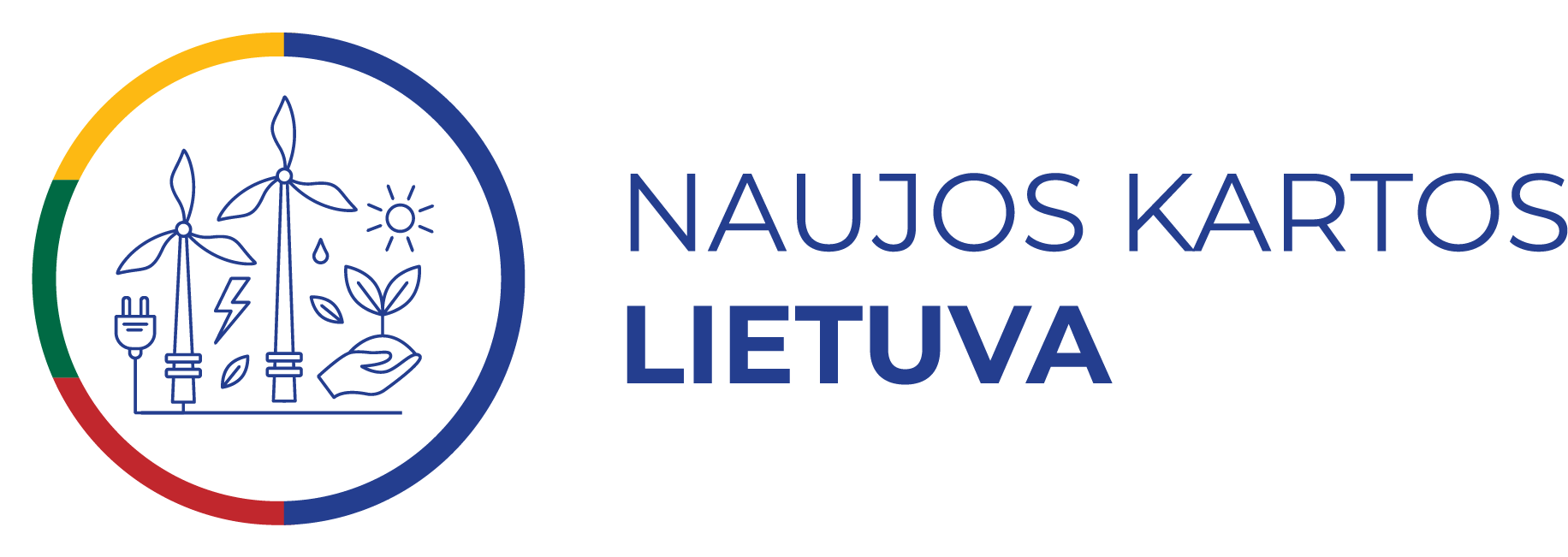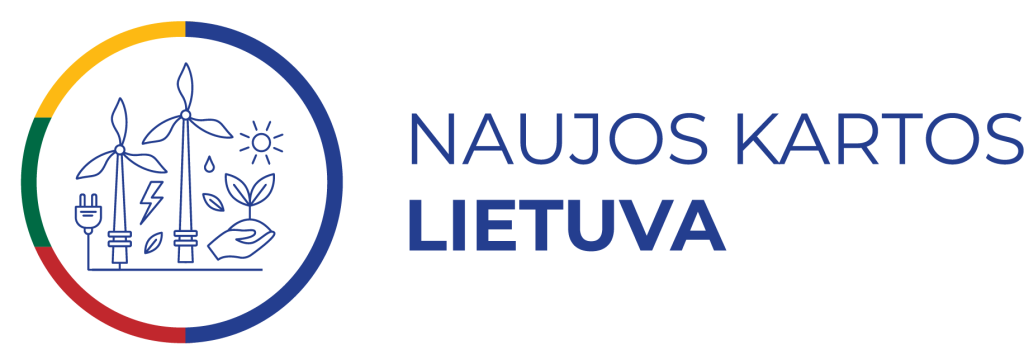

EU support


Project promoter: Energy Cells
Project contract value: EUR 109 million
Energy Cells received EUR 87.6 million from the NextGenerationEU Recovery and Resilience Facility under the “New Generation Lithuania” plan for the installation of the energy storage system. The total value of the project, which will provide Lithuania with the instantaneous power reserve and the possibility to operate autonomously in isolated mode, will amount to EUR 109 million.
Project goal
Lithuania’s system of electricity storage facilities is essential to ensure the security of Lithuania’s energy system and its ability to operate in isolated mode. The energy storage system, which will provide Lithuania with an instantaneous isolated operation electricity reserve until synchronisation with the continental European networks (CEN), will be used after synchronisation for the integration of energy produced from renewable sources.
About the project
At the end of July 2021, the Government of the Republic of Lithuania appointed Energy cells, a company of the EPSO-G Group, as the operator of the instantaneous isolated operation electricity reserve for Lithuania’s electricity storage facilities and entrusted it with the management of the electricity storage facilities system.
Energy Cells will install and integrate into Lithuania’s energy system a system of four energy storage facilities farms (batterie farms) with a total combined capacity of 200 megawatts (MW) and 200 megawatt-hours (MWh). Energy cells will install four energy storage facilities with a capacity of 50 MW and power of 50 MWh each at transformer substations in Vilnius, Šiauliai, Alytus, and Utena. It is the largest project in the Baltic States and one of the largest of its kind in Europe.
The high-capacity energy storage system will be installed and serviced by the Siemens Energy and Fluence consortium. The companies implementing the project on a joint deployment basis have won an international procurement launched by Energy cells for system installation services and energy storage technologies.
Pursuant to the EUR 109 million contract, Siemens Energy and Fluence will design, manufacture, and connect the energy storage facilities system to the electricity transmission system, as well as provide warranty service and maintenance for 15 years after the system is launched.
Project goals and significance
- As Lithuania plans to join the continental European networks (CEN) system in 2025 and disconnect from the BRELL (Belarus, Russia, Estonia, Latvia, and Lithuania) energy ring, it is important to ensure the instantaneous isolated operation electricity reserve the ability to operate in isolated mode.
- The energy storage facilities system will provide instantaneous isolated operation electricity reserve and will provide isolated operation reserve service until the synchronisation with the CEN in 2025.
- If needed, high-capacity reserve storage facilities will start supplying power immediately, within 1 second. This will ensure a reliable supply of active power to the grid until other sources of electricity generation are commissioned. Other Lithuanian power plants currently operating in the IPS/UPS system can start supplying power within 15 minutes.
- Once synchronised with the CEN system, the energy storage facilities will be able to store electricity generated by solar or wind power plants and feed it into the grid when needed. Lithuania aims to generate 70% of its electricity consumption by 2030, almost half of it from renewable sources
- The new energy storage facilities will use climate-neutral technologies, which will contribute to the country’s climate change mitigation objectives by reducing the need for the services of generators using conventional energy sources to operate the transmission system.
Related news
EU funding of EUR 87.6 million is allocated for energy storage equipment system
Project promoter: Energy Cells
Project contract value: EUR 109 million
Energy Cells received EUR 87.6 million from the NextGenerationEU Recovery and Resilience Facility under the “New Generation Lithuania” plan for the installation of the energy storage system. The total value of the project, which will provide Lithuania with the instantaneous power reserve and the possibility to operate autonomously in isolated mode, will amount to EUR 109 million.
Project goal
Lithuania’s system of electricity storage facilities is essential to ensure the security of Lithuania’s energy system and its ability to operate in isolated mode. The energy storage system, which will provide Lithuania with an instantaneous isolated operation electricity reserve until synchronisation with the continental European networks (CEN), will be used after synchronisation for the integration of energy produced from renewable sources.
About the project
At the end of July 2021, the Government of the Republic of Lithuania appointed Energy Cells, a company of the EPSO-G Group, as the operator of the instantaneous isolated operation electricity reserve for Lithuania’s electricity storage facilities and entrusted it with the management of the electricity storage facilities system.
Energy Cells will install and integrate into Lithuania’s energy system a system of four energy storage facilities farms (batterie farms) with a total combined capacity of 200 megawatts (MW) and 200 megawatt-hours (MWh). Energy Cells will install four energy storage facilities with a capacity of 50 MW and power of 50 MWh each at transformer substations in Vilnius, Šiauliai, Alytus, and Utena. It is the largest project in the Baltic States and one of the largest of its kind in Europe.
The high-capacity energy storage system will be installed and serviced by the Siemens Energy and Fluence consortium. The companies implementing the project on a joint deployment basis have won an international procurement launched by Energy Cells for system installation services and energy storage technologies.
Pursuant to the EUR 109 million contract, Siemens Energy and Fluence will design, manufacture, and connect the energy storage facilities system to the electricity transmission system, as well as provide warranty service and maintenance for 15 years after the system is launched.
Project goals and significance
- As Lithuania plans to join the continental European networks (CEN) system in 2025 and disconnect from the BRELL (Belarus, Russia, Estonia, Latvia, and Lithuania) energy ring, it is important to ensure the instantaneous isolated operation electricity reserve the ability to operate in isolated mode.
- The energy storage facilities system will provide instantaneous isolated operation electricity reserve and will provide isolated operation reserve service until the synchronisation with the CEN in 2025.
- If needed, high-capacity reserve storage facilities will start supplying power immediately, within 1 second. This will ensure a reliable supply of active power to the grid until other sources of electricity generation are commissioned. Other Lithuanian power plants currently operating in the IPS/UPS system can start supplying power within 15 minutes.
- Once synchronised with the CEN system, the energy storage facilities will be able to store electricity generated by solar or wind power plants and feed it into the grid when needed. Lithuania aims to generate 70% of its electricity consumption by 2030, almost half of it from renewable sources
- The new energy storage facilities will use climate-neutral technologies, which will contribute to the country’s climate change mitigation objectives by reducing the need for the services of generators using conventional energy sources to operate the transmission system.
Related news
EU funding of EUR 87.6 million is allocated for energy storage equipment system